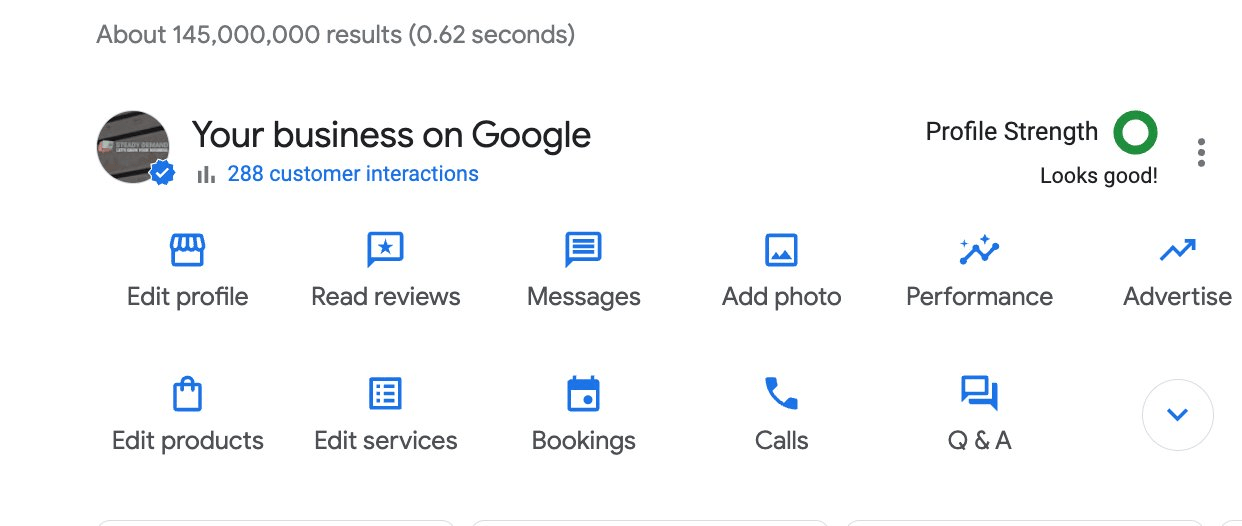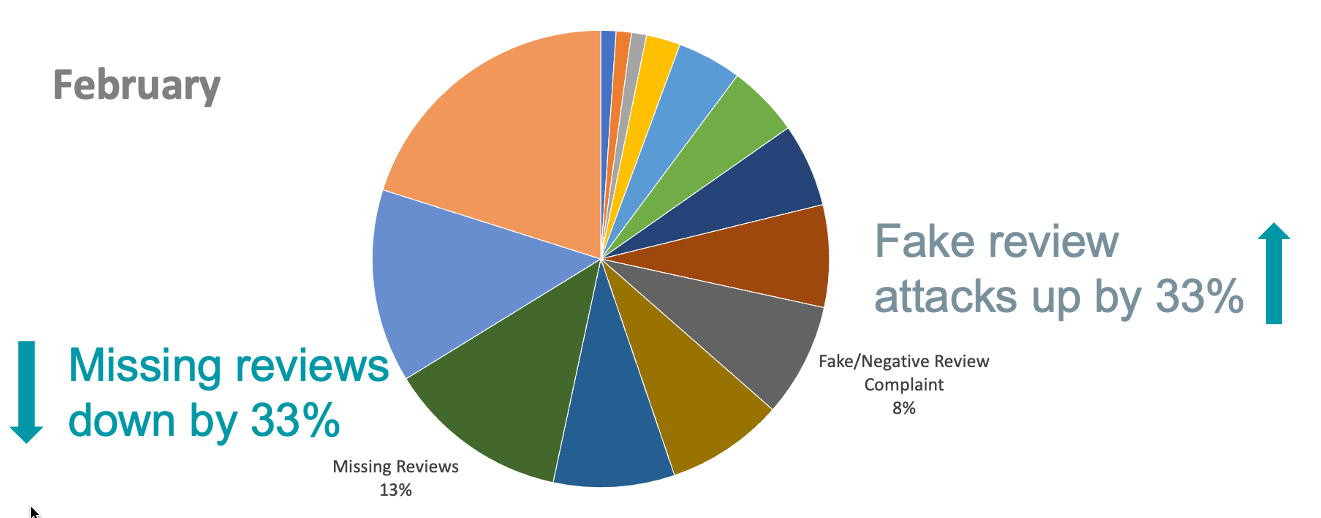What Are AI Agents? And Why Are They Critical to Local Marketing Success?
Local Memo: How to Optimize Content for Bing AI
Local Memo: How to Optimize Content for Bing AI
In this week’s update, learn about optimizing content for Bing AI; Google’s update to Profile Strength in GBP; a spike in fake review attacks; guidelines for multi-location Google Posts; Meta’s AR/VR and AI initiatives; and why local businesses need “shelfies.”
How to Optimize Content for Bing AI
Bing Principal Product Manager Fabrice Canel gave a presentation at the recent Pubcon convention in Austin where he discussed how to optimize websites for the new AI-powered Bing search platform. Noting that AI search is still in its early days, Canel suggested that for the most part SEOs should stick to the same practices that have proven successful in recent years. However, AI-powered search will increasingly rely on good SEO practices to augment its capabilities.
In particular, “most search engines have no idea if your content has changed,” according to Canel. SEOs can help by making dutiful use of the lastmod tag to indicate when a page was last updated. When this tag is utilized, Bing will display an updated date in search results. In addition, web developers should use the IndexNow protocol to let search engines know they have new content, and should incorporate update dates into XML sitemaps. Finally, SEOs should keep up with developments in the Bing platform and familiarize themselves with Bing Webmaster Guidelines.
Google Removes Ads from Profile Strength
GBP Diamond Product Expert Ben Fisher has shared on Twitter that Google has corrected the Profile Strength graphic in the Google Business Profiles interface, so that businesses will no longer be told their profiles are incomplete simply because they have not implemented Google ads. As covered in this column previously, the Profile Strength icon was first seen in 2022 but did not roll out to all users until this February. When a profile is deemed to be incomplete, users can check a “Complete info” link to launch a wizard that walks them through the steps of filling out missing information. Users had previously expressed confusion about advertising being a required step for profile completeness.

Courtesy Ben Fisher
Fake Reviews Spike as Google Relaxes Filtering
According to Near Media’s Mike Blumenthal, reports of fake review attacks on Google have recently spiked by the same proportion as complaints about missing reviews have diminished. Blumenthal’s source for this information is the Google Business Profiles help forum where he and other Product Experts assist businesses with issues on a volunteer basis.
Recently, Google posted a notice stating that many reviews from Local Guides had been erroneously taken down due to an overly-aggressive review moderation algorithm. To restore these reviews, Google appears to have relaxed the algorithm’s guidelines, leaving open an opportunity for unscrupulous businesses to hire fake reviewers, many of them Local Guides, to target their competitors with negative reviews. Often, fake reviewers use the tactic of writing a positive review and then changing it later to a negative review, in an attempt to outwit the algorithm. Mike has published a followup article with guidelines on taking action if your business is targeted by a fake review attack.

Courtesy Mike Blumenthal / NearMedia
Multi-Location Google Posts Can Be Duplicated
Joy Hawkins has published a useful reminder that it’s fine to publish the same Google Post to multiple business profiles if you are managing content for a multi-location business. There has been a fair amount of confusion on this topic, in part due to ambiguity in Google’s published guidelines. Google instructs businesses not to post copies of the same content over and over on the same profile, but has no restrictions about a single offer or promotion being syndicated to multiple profiles. Hawkins reminds us, though, that it’s better to use original photos rather than stock photography which can sometimes be flagged by Google for removal.
Meta Reveals Near-Term AR/VR and AI Plans
Meta has released some specific milestones in its roadmap toward building the metaverse, projecting the launch of smart glasses with heads-up display in 2025 and glasses supporting a full AR experience in 2027. In the nearer term, the company will unveil a more powerful Quest 3 headset sometime this year, built to support its Codec photorealistic avatars. The company seems to be pivoting towards practical applications of AR in public safety, healthcare, and education, and downplaying the ultimate vision of a VR-powered metaverse, which has come under criticism due to the clunkiness of recent prototypes.
Meanwhile, Meta is also capitalizing on the popularity of generative AI, with Mark Zuckerberg hinting at “delightful experiences” using the technology that the company has in the works. Apparently this means integrating text and image AI into existing tools like Messenger chat and Instagram filters. Meta also reports that its AI-powered Advantage+ ad campaign manager has driven a 20% increase in conversions and a 32% boost in return on ad spend. Advantage+ lets advertisers configure a business objective, target country, ad creative, and budget, and the tool manages all audience building and targeting.
Why Local Businesses Need “Shelfies”
Miriam Ellis is helping popularize the term “shelfies” – photos uploaded by a business to Google Business Profiles and other platforms. In particular, the shelfie is a photo that showcases the products you want your company to be known for, not individually but collectively. The idea is to photograph crowded shelves and displays in order to give potential customers a “sense of the abundance and character” of your offerings, as Miriam puts it.
It was Mike Blumenthal who shared in a recent interview that Google uses the term shelfie internally. Mike says that Google staff were particularly interested in having businesses share photos of products “on the shelf where Google and the consumer could get a really solid idea of what the place looked like and the range of products you were offering.” Miriam recommends utilizing shelfie photos in Google profiles, Apple Maps, your business website, and your social media profiles.




